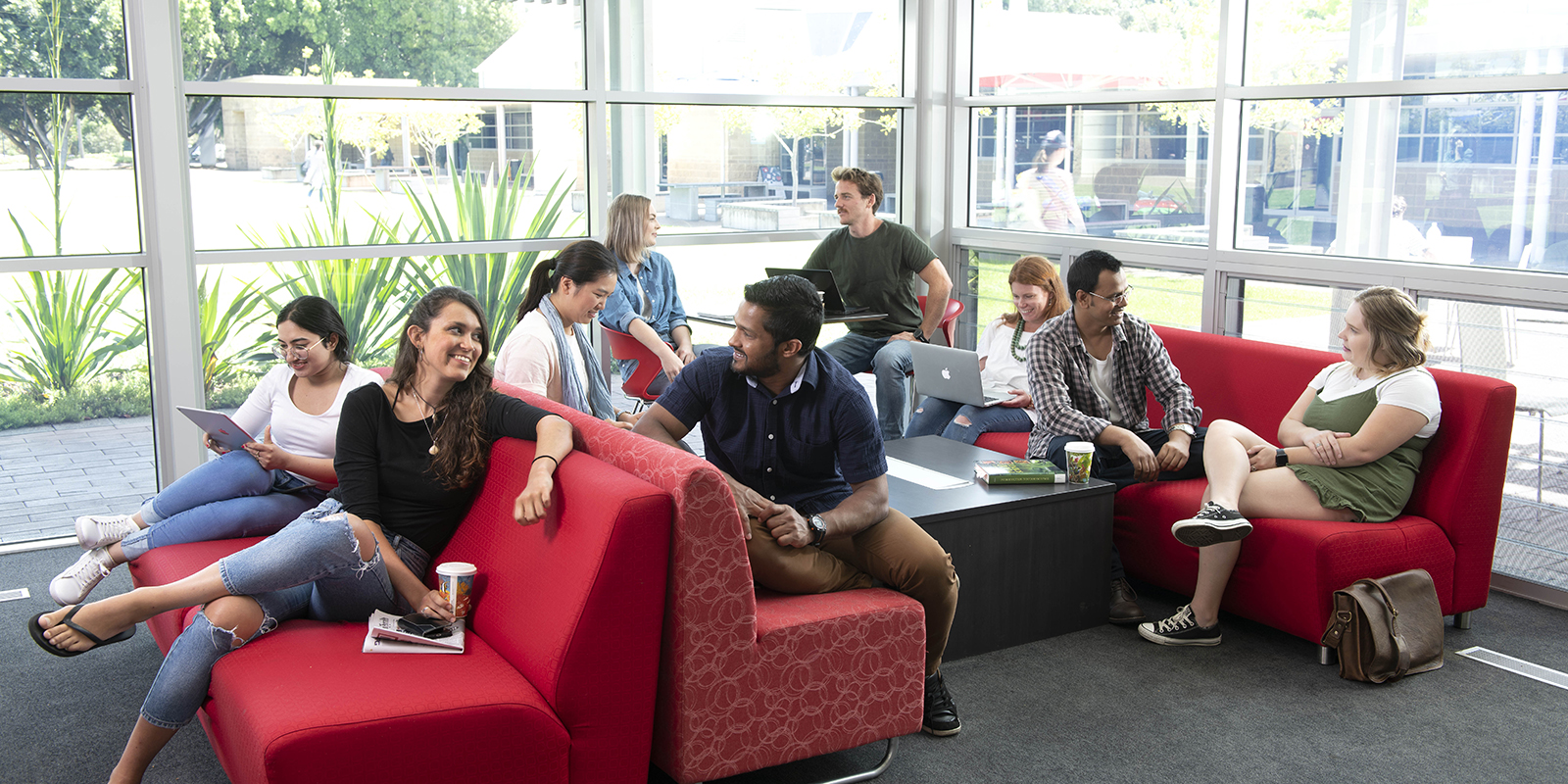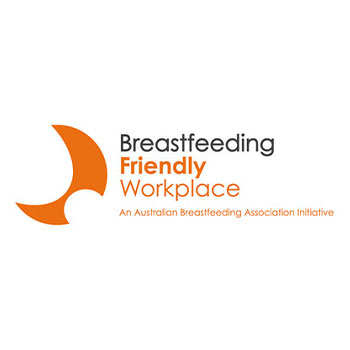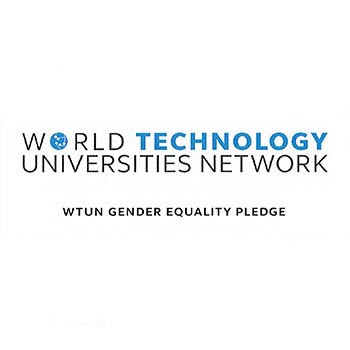
Equity, Diversity and Inclusion
Everyone has the right to participate, engage and contribute.
We value every person, every day
Equity, Diversity and Inclusion (EDI) is integrated and prioritised into all aspects of our University and is everyone's obligation.
Our commitment to EDI is evidenced through its people and programs. We believe everyone has the right to participate, engage and contribute.
Throughout Australia and globally, there continues to be barriers to ensuring full inclusion. We are passionate about advocating for access and inclusion of its people through various action plans and programs.
Our commitment to equality, diversity and inclusion 3:04
Learn about how we teach and research, how we work with industry partners and local communities, and how we engage with our staff and students.
Every path welcome, every student celebrated
We are committed to widening participation, promoting diversity and fairness, overcoming injustice and increased success for all. This commitment is fundamental to how we teach and research, how we work with industry partners and local communities, and how we engage with our staff and students.
Vision for Equity, Diversity and Inclusion
Equity
Equity seeks to create fairness and justice for marginalised people. Equity is different to equality as it is not just about providing an equal distribution of resources. The practice of equity recognises disadvantage and power imbalances and the need for tailored intentional, and comprehensive approaches to providing genuine pathways of access. Equity also includes challenging inequitable systems, so access and inclusion increase.
Inclusion
Inclusion is the act of providing access to opportunities and resources for people who might otherwise be excluded or marginalised. Some examples of inclusion are providing alternate pathways or access, classroom adjustments, or additional time for tasks. Inclusion relies on an understanding of both equity and diversity to support communities of people to participate and succeed meaningfully.
Diversity
Diversity is recognising a range of human differences, including, but not limited to, race, ethnicity, gender, gender identity, sexual orientation, age, physical ability, and religious and political beliefs.
Belonging
Belonging means a feeling of security and support that brings a sense of acceptance. It is an emotional need for connectedness, friendship, trust, and acceptance.
Intersectionality
Intersectionality is when people have multiple overlapping identities, which, when combined, can have a multiplicative negative effect on the person. Healthy and vibrant university communities overcome forced dichotomies of identity, allowing students and staff to be themselves without fear of stereotypes, bias, prejudice, or violence.
Psychological safety
Psychological safety defines a culture of trust and support where people can question practice and voice concerns without fear of repercussions towards them. Psychological safety needs systems that value the growth and development of cohorts and allow for accountability and meaningful change when unsafe circumstances arise.



